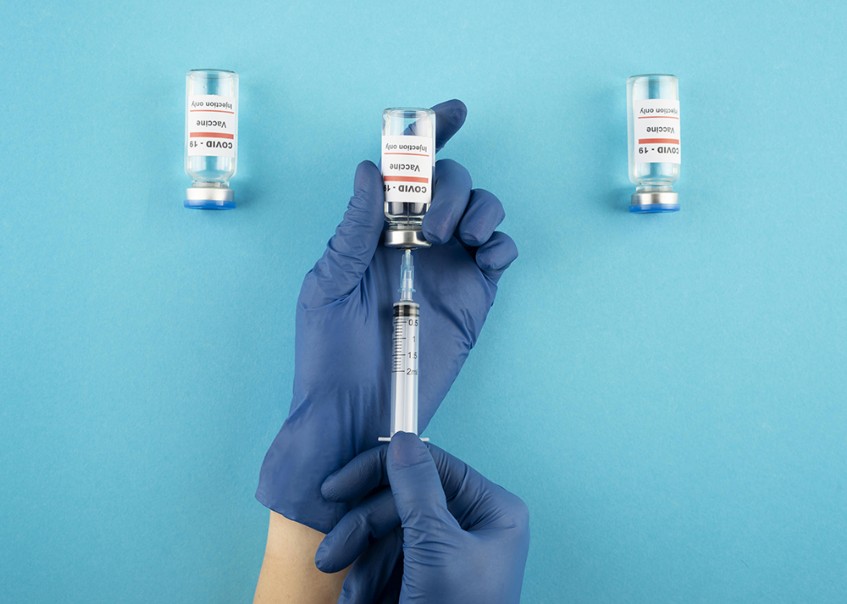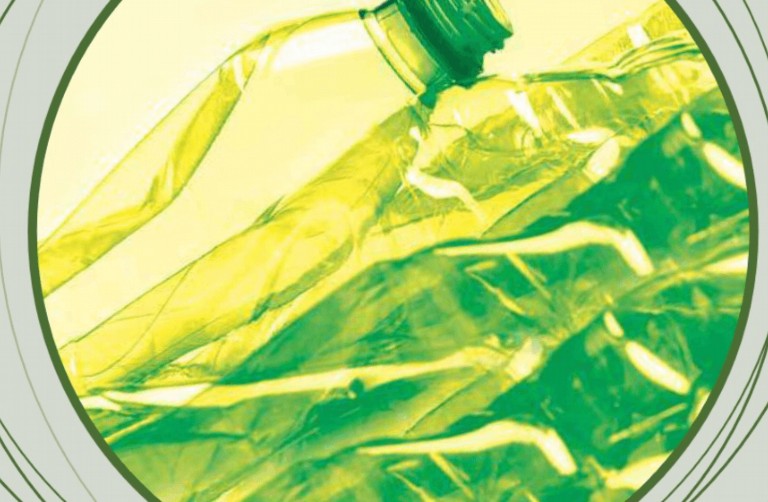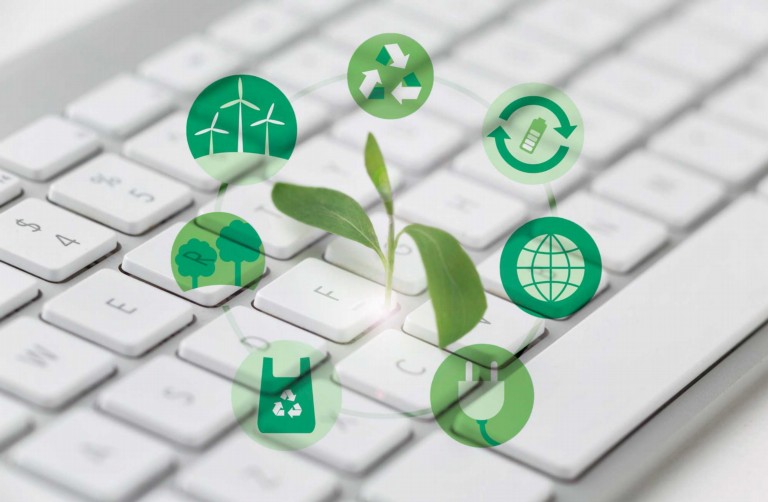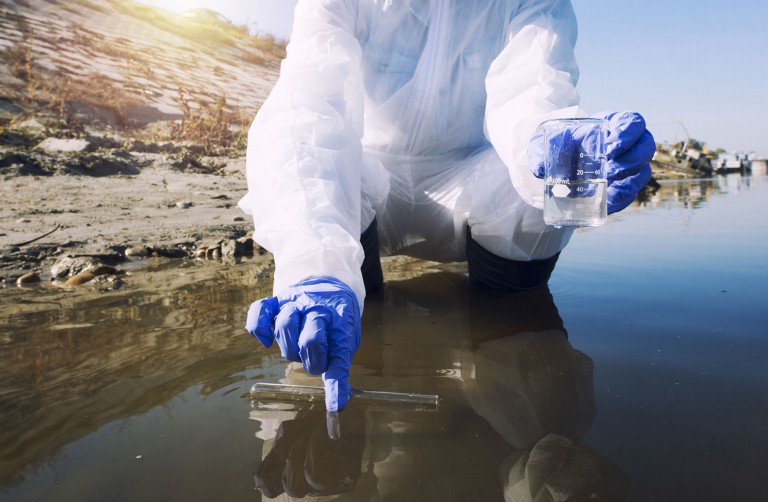
In the US alone, 660 million needles will be needed to inoculate the entire population
An unintended—and worrisome—consequence of security procedures against the new coronavirus has been the exponential increase in waste generation, from face masks to gloves. Environmentalists' most recent concern, however, is the increase in the number of discarded syringes and needles from Covid-19 vaccines. According to medical waste disposal company OnSite Waste Technologies, approximately 660 million needles will be needed to inoculate the entire US population. Such garbage would be enough to go around the planet Earth almost twice.
According to a report by the international magazine Fast Company, with the launch of the vaccine and President Joe Biden's goal of delivering 100 million doses in the first 100 days of the campaign, companies that manage medical waste are increasingly apprehensive about the sudden increase of waste production.
In addition, every needle, syringe, vial and package of Covid-19 vaccines joins the residue of the approximately 198 million doses of flu vaccine that the US Centers for Disease Control and Prevention produced for this season. , as Jim Anderson, vice president of product management and innovation at medical waste disposal company Stericycle, recalls in a statement.
What should happen to Covid-19 vaccine residues?
In the normal process of disposing of medical waste, hazardous or infectious elements are placed in containers suitable for sharp objects, collected in health facilities and transported to processing centers to be sanitized with high pressure steam in an autoclave machine, before being sent to common landfills.
Along with needles and syringes, the glass vials of vaccines go into containers suitable for sharp materials, as they cannot be recycled. Other waste, such as boxes and packaging, can be sent back to the manufacturer. Pfizer, for example, requires this procedure to be done to help “fulfill its commitment to reusable resources”.
When not collected by a disposal company immediately, the waste must be stored on site. This means that the added volume of all this waste can still represent a challenge for small healthcare facilities, which, unlike large hospitals, often do not have the necessary space.
For these offices, OnSite Waste Technologies claims to have a solution: the TE-5000 machine. This machine can heat discarded needles for 90 minutes at 380 degrees, sterilizing and melting the items to reduce their total volume. From a full container, the trash turns into a small compressed plastic bar.
The company explains that its technology reduces the residual load even in health facilities – and that the remaining percentage becomes municipal waste, which can be disposed of as common. Brad Barnes, CEO of OnSite, says the machine is able to reduce the volume of waste by 80%, which reduces the concentration of waste in landfills and involves a smaller carbon footprint, as fewer truck trips will be needed to removal of waste.
Newport Beach, Calif.-based start-up OnSite secured $3.5 million in venture capital funding in October, bringing its total funding to $8.5 million. The company believes that its new method of disposing of medical waste, especially during the pandemic, could make all the difference in the final result. For the future, the team hopes to be able to recycle the plastic bar resulting from the machine's processing of needles.
However, the pandemic will still produce tons of waste from the disposal of Covid-19 vaccines that, unfortunately, will not be able to pass through the TE-5000 and will end up in landfills. The benefit of mass vaccination evidently outweighs the concern with hospital waste. But the new coronavirus pandemic may be a unique opportunity for us to think about more sustainable methods for obtaining our vaccines. Adhesives, for example, produce less waste and are already in development today.
Sources:
Fonte: eCycle


